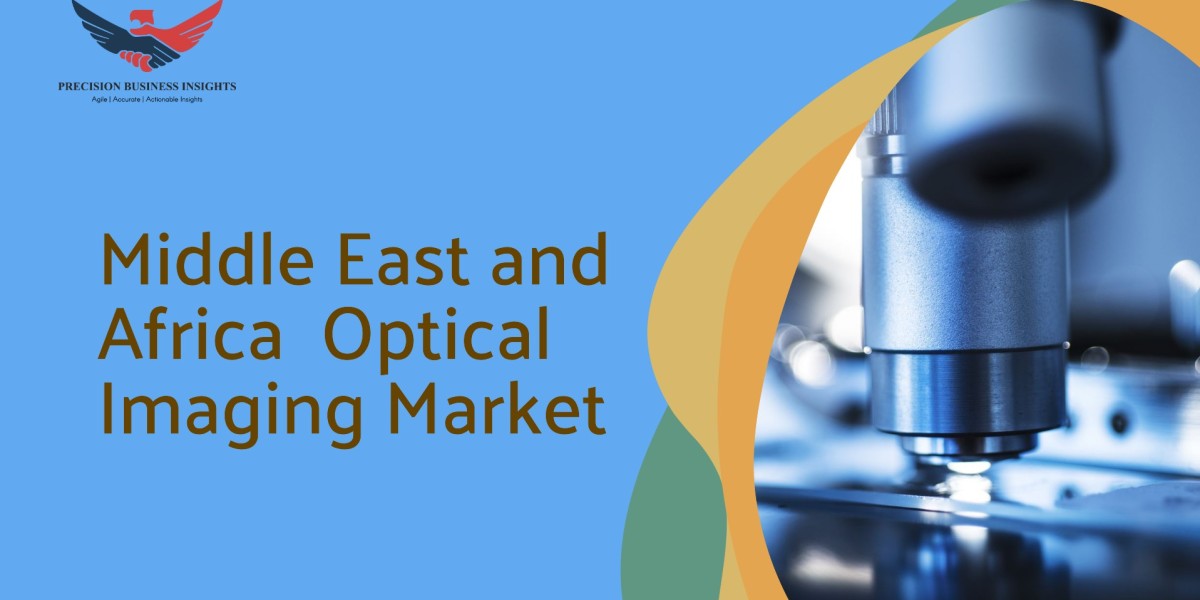How is Artificial Intelligence Changing Drug Discovery?
Artificial Intelligence (AI) is revolutionizing drug discovery by enhancing the efficiency and effectiveness of the research process. Traditional drug development is often a lengthy and costly endeavor, but AI technologies are enabling pharmaceutical companies to analyze vast datasets, identify potential drug candidates, and predict outcomes more accurately. By utilizing machine learning algorithms, researchers can streamline the drug discovery pipeline, significantly reducing the time it takes to bring new therapies to market.
Key Technologies and Innovations:
- Deep Learning: Used for predicting molecular properties and interactions.
- Natural Language Processing (NLP): Helps in extracting valuable insights from scientific literature.
- Predictive Analytics: Assists in anticipating clinical trial outcomes based on historical data.
What Are the Benefits of Using AI in Pharmaceutical Research?
The integration of AI in pharmaceutical research offers numerous advantages, including cost reduction, improved accuracy in drug candidate selection, and enhanced collaboration across teams. AI-driven tools can process large datasets, making it easier to identify patterns and correlations that may be overlooked by human researchers. Additionally, AI enhances drug repurposing efforts by analyzing existing drugs for new therapeutic uses.
Benefits:
- Cost Efficiency: AI reduces the need for extensive laboratory work by simulating experiments.
- Faster Research Cycles: Accelerates the identification and validation of drug targets.
- Improved Success Rates: Increases the likelihood of clinical trial success by identifying the most promising candidates early on.
What Machine Learning Techniques Are Most Effective in Drug Development?
Machine learning (ML) techniques are essential in optimizing the drug development process. Various algorithms, including supervised and unsupervised learning, are employed to analyze chemical data and biological activity. These techniques enable researchers to make data-driven decisions, minimizing the risks associated with drug development.
Effective Machine Learning Techniques:
- Support Vector Machines (SVM): Used for classification tasks in drug discovery.
- Random Forests: Effective for predicting drug-target interactions.
- Recurrent Neural Networks (RNNs): Applied in sequence prediction for protein interactions.
How Does AI Improve the Efficiency of Clinical Trials?
AI is making clinical trials more efficient by enhancing participant recruitment, optimizing trial design, and monitoring patient safety. AI algorithms can analyze electronic health records (EHRs) to identify suitable candidates for trials, ensuring a more diverse and representative participant pool. Additionally, AI can continuously monitor trial data, allowing for real-time adjustments and improving the overall quality of the study.
Innovations in Clinical Trials:
- AI-Powered Recruitment Tools: Streamline the process of finding and enrolling participants.
- Predictive Modeling: Anticipates patient responses and potential side effects.
- Real-Time Monitoring Systems: Enhance safety and compliance by analyzing data as it comes in.
| For more info. | Market Research | Related Report | Bacteriophage Market |
| Drug Screening Market | |||
| polymerase chain reaction Market |

